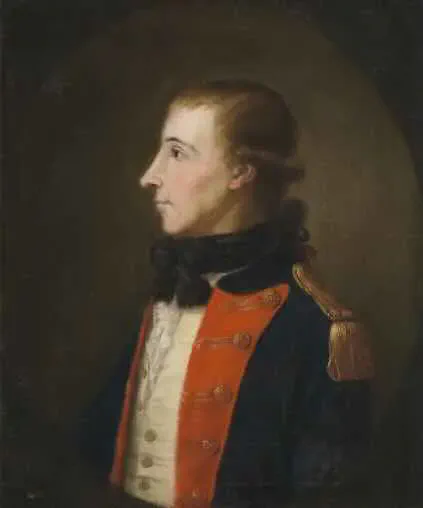- /
- Celtic calendar /
- 6th /
- June 20 /
- June 20, 1763

Theobald Wolfe Tone, posthumously known as Wolfe Tone ( 20 June 1763 – 19 November 1798) was a revolutionary exponent of Irish independence and is an iconic figure in Irish republicanism.
Tone was born on 20 June 1763. His father, Peter Tone, was a prosperous coach-maker who had a farm near Sallins, County Kildare and adhered to the established Anglican church. Although records are absent, he is said to have been the descendant, from the 17th century, of a Cromwellian soldier (“the first Tone to settle in Ireland”): 47 and of French Huguenot refugees. His mother, Margaret Lamport, the daughter of a sea captain in the West India trade, was a Catholic who according to Tone’s early biographer, R.R. Madden, converted to her husband’s church only when Tone was already eight years old. Tone, nonetheless, was baptised a Protestant, with the name Theobald Wolfe in honour of his godfather, Theobald Wolfe of Blackhall, County Kildare, a first cousin of Arthur Wolfe, 1st Viscount Kilwarden.
His grandfather was a small farmer in county Kildare, and his mother was the daughter of a captain in the merchant service. Following a duel in which a man was killed, Wolfe Tone served as a tutor to Anthony and Robert Martin, younger brothers of Colonel Richard Martin of Dangan, County Galway, for some years in the early 1780s. During Martins frequent absences, Tone had an affair with his wife.
Though entered as a student at Trinity College, Dublin, Tone gave little attention to study, his inclination being for a military career; but after eloping with Matilda (or Mathilda) Witherington, a girl of sixteen, he took his degree in 1786, and read law in London at the Middle Temple and afterwards in Dublin, being called to the Irish bar in 1789.
He helped to create the organization known as the United Irishmen while he put aside the matter of religion entirely and fought for a free Ireland where members of all classes and religions could live together in harmony. A revolutionary to the end, Theobald remained true to this dream even after he was captured, as he took his own life to avoid giving the British the satisfaction of executing him.